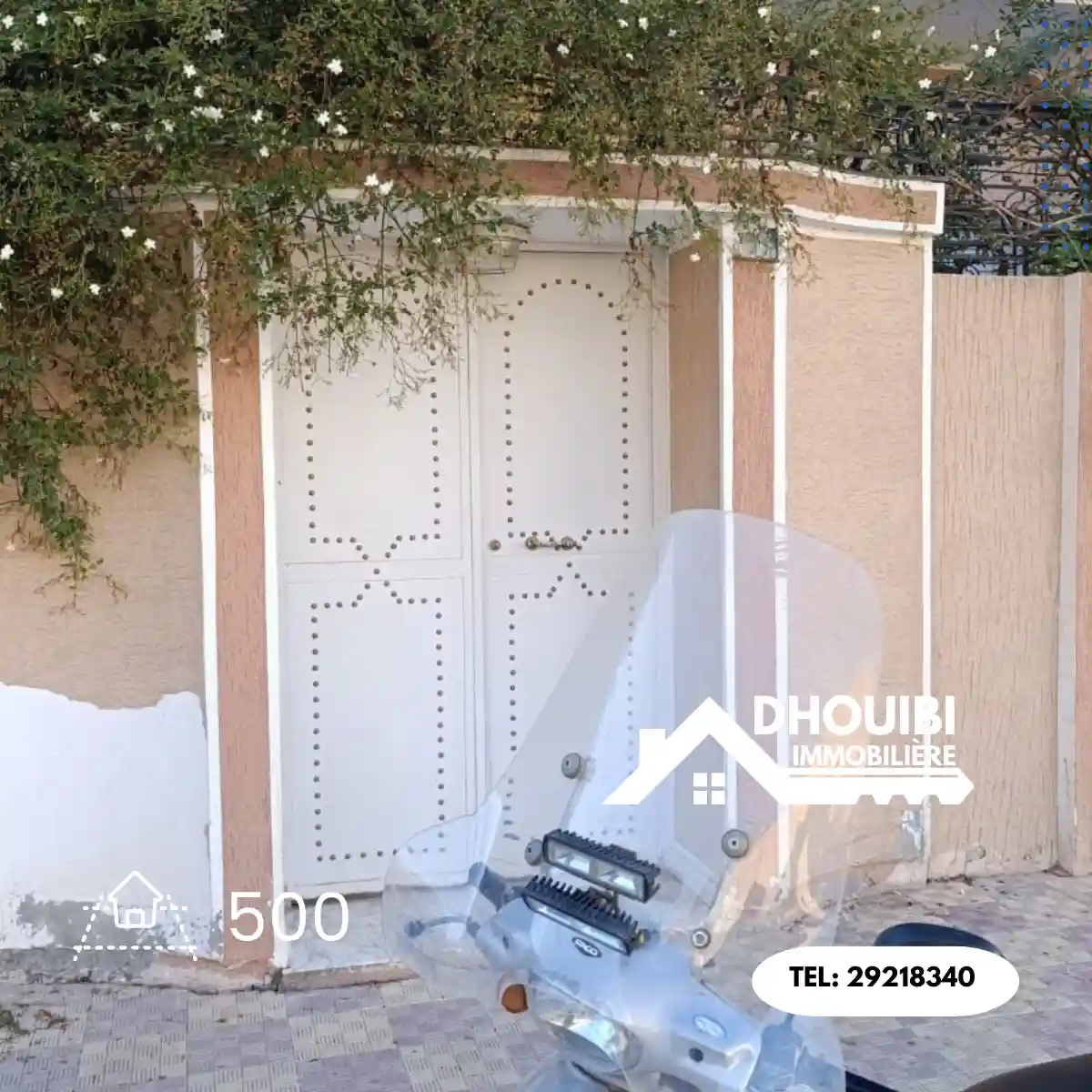Divorce can be a difficult and complex process, especially in a country like Qatar, where legal and religious frameworks are closely intertwined. Understanding the nuances of divorce law in Qatar and the cultural and religious context surrounding it is essential for anyone navigating this difficult journey. HAS Lawyer Qatarwe are proud to be the best divorce lawyer in Qatarproviding expert advice and support every step of the way.
Legal aspects of divorce in Qatar
Divorce in Qatar is governed by Sharia (Islamic law) and civil law. The process and regulations may vary depending on the nationality and religion of those involved. Here are some key legal aspects to consider:
- Types of Divorce: In Qatar, there are different types of divorce, including Talaq (initiated by the husband), Khula (initiated by the wife) and mutual consent. Each type has specific procedures and requirements.
- Legal foundations: Grounds for divorce may include irreconcilable differences, abuse, neglect, and other significant issues affecting the marriage. Evidence may be required to support these claims.
- Custody and alimony: Child custody and alimony are crucial elements of the divorce process. Courts prioritize the welfare of the child, with decisions based on age, gender and best interests. Financial support for children and spouse is also determined during the process.
- Properties and financial regulation: Asset sharing and financial settlements can be complex, particularly when large assets or assets are involved. Legal representation ensures fair and equitable distribution.
Religious considerations
Islamic beliefs and principles play an important role in the divorce process in Qatar. Understanding these religious aspects is crucial for both Muslims and non-Muslims:
- Religious principles: In Islam, marriage is considered a sacred contract and divorce, although permitted, is considered a last resort. Efforts are made to reconcile differences before proceeding with divorce.
- Role of family and community: Family and community leaders often mediate disputes and attempt to resolve issues before the divorce is finalized. This cultural approach emphasizes the preservation of the family unit.
- Religious council: Many couples seek religious counseling to explore solutions and alternatives to divorce. Imams and religious leaders provide advice based on Islamic teachings.
Why choose a Qatari lawyer?
Navigating the intricacies of divorce law in Qatar requires expertise, sensitivity and a thorough understanding of the legal and religious contexts. here’s why Lawyer Qatar stands out as the best divorce lawyer in Qatar:
- Expert legal advice: Our team of experienced lawyers specialize in family law and divorce matters, ensuring comprehensive legal support tailored to your unique situation.
- Cultural and religious sensitivity: We respect and understand the cultural and religious dimensions of divorce in Qatar, providing you with advice that matches your values and beliefs.
- Customer-centric approach: We put the needs of our customers first, providing compassionate and personalized services to help you navigate this difficult time with confidence and clarity.
- Proven experience: Our successes and satisfied customers demonstrate our expertise and dedication as a leader divorce lawyer in Qatar.
Conclusion
Divorce is never an easy decision, but understanding Qatar’s legal and religious frameworks can help make the process more manageable. HAS Lawyer Qatar, we are committed to providing the highest level of legal support and advice, ensuring that you are well equipped to handle the complexities of divorce. Trust the best divorce lawyer in Qatar to support you and help you reach a fair and just resolution.
For expert legal advice and assistance, contact Lawyer Qatar Today. Let us help you navigate the journey ahead with confidence and peace of mind.
Divorce in Qatar, divorce lawyer in Qatar, law firm in Doha, lawyers in Doha, Qatar
#Divorce #Qatar #legal #perspectives #religious #considerations
#Divorce #Qatar #legal #perspectives #religious #considerations





